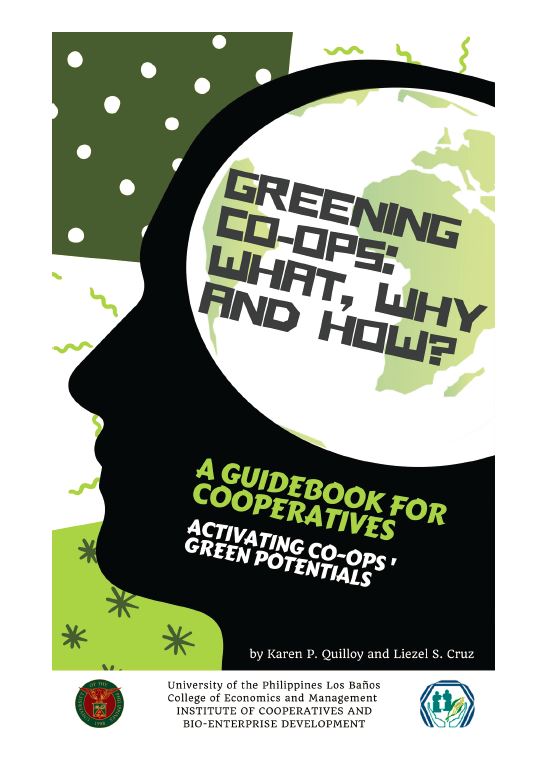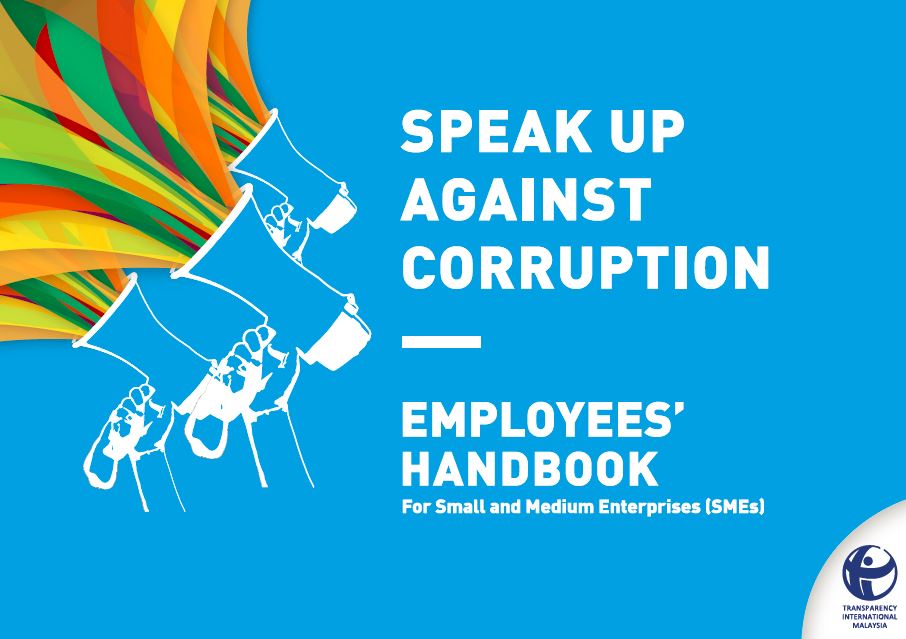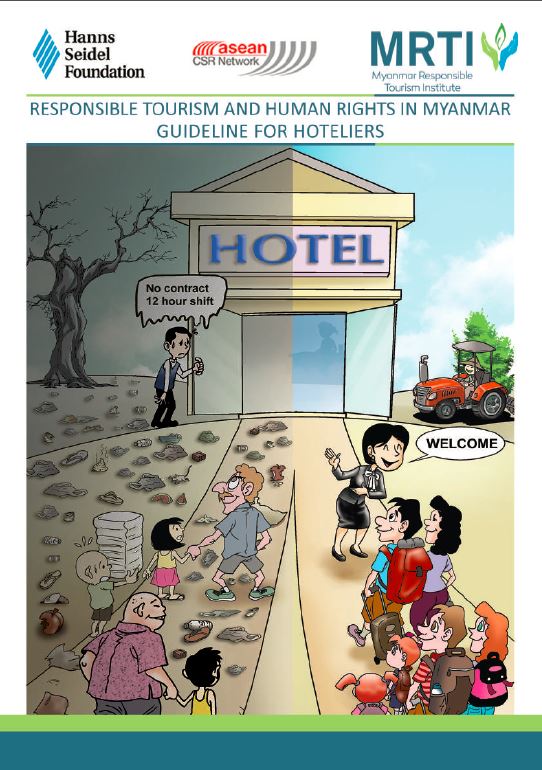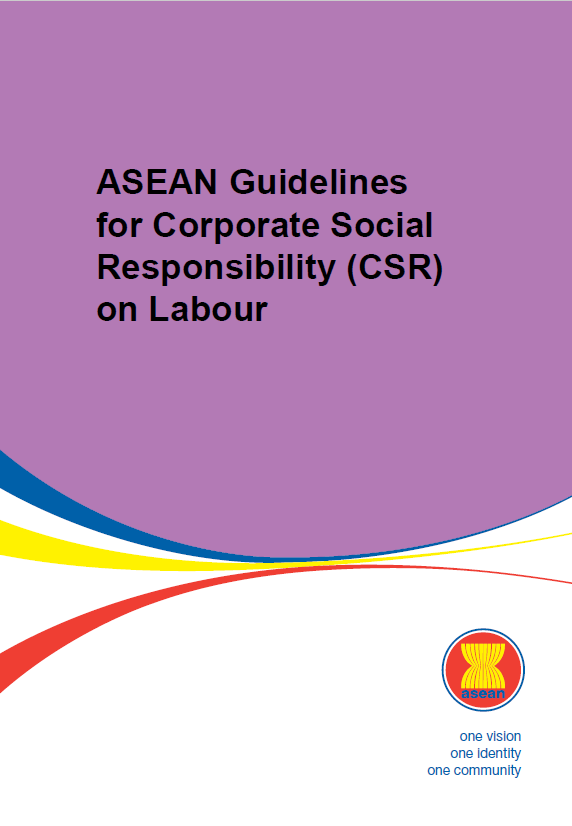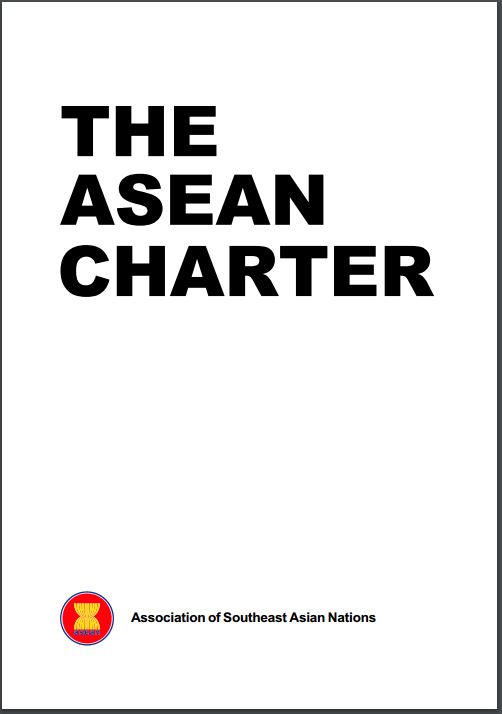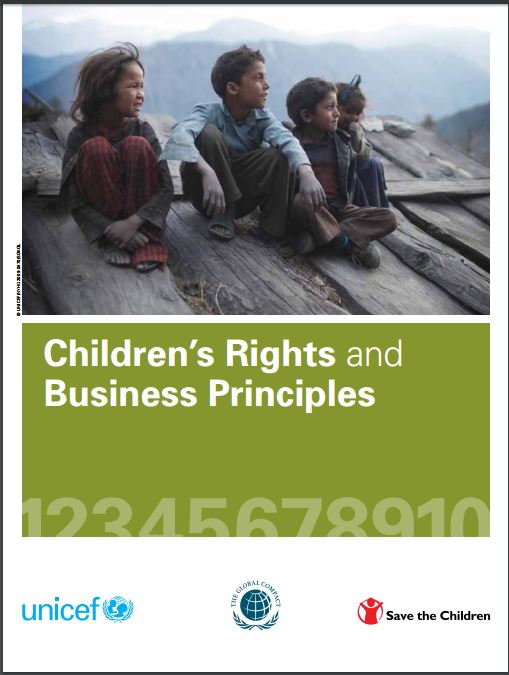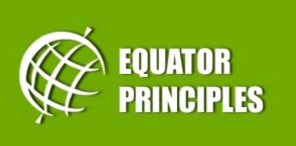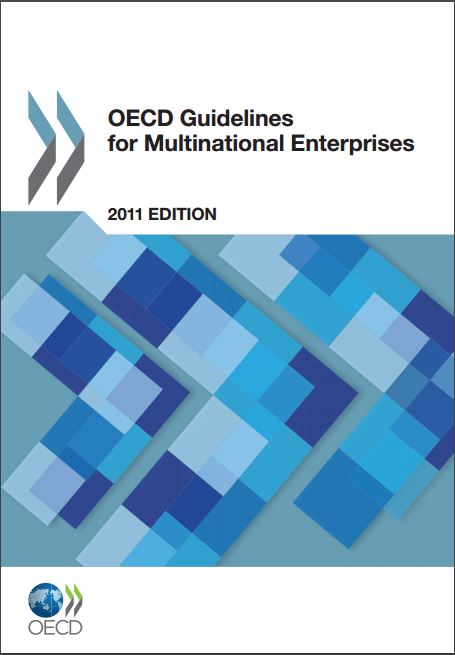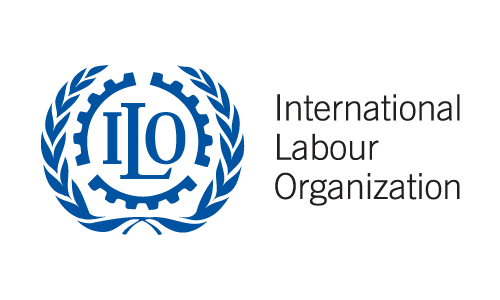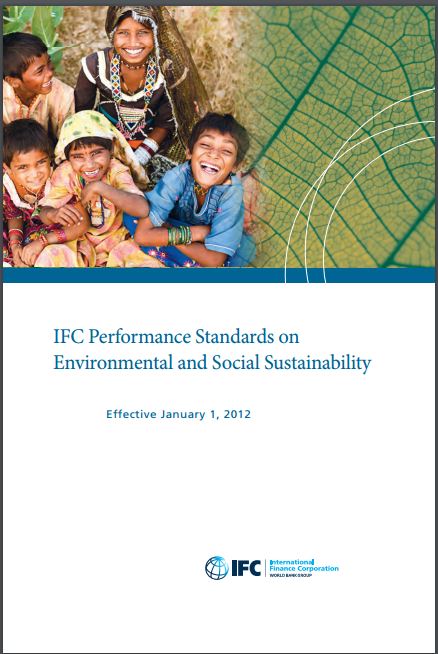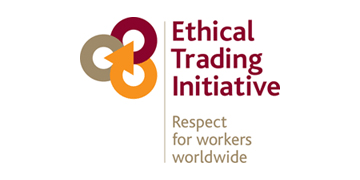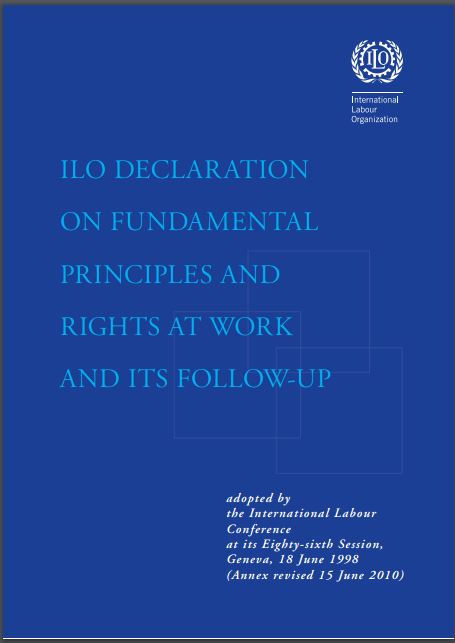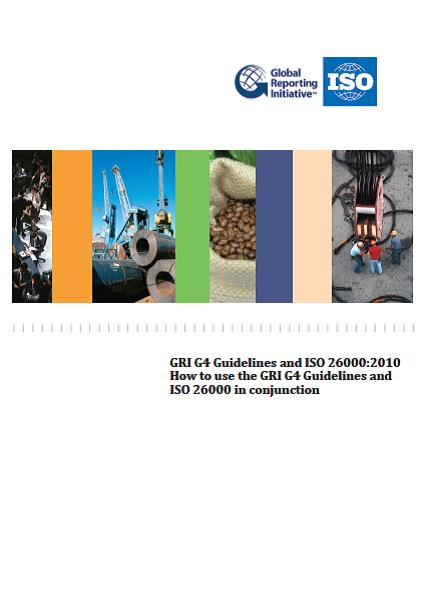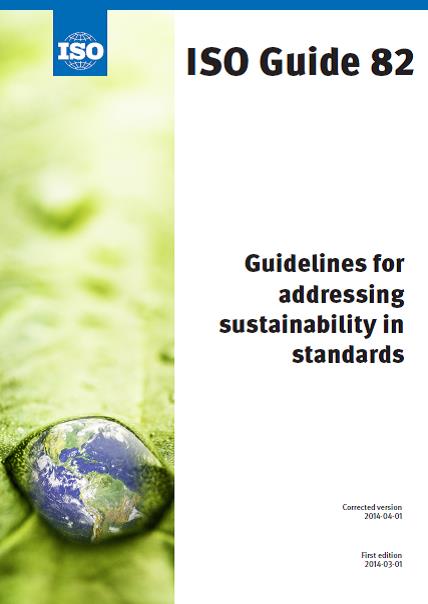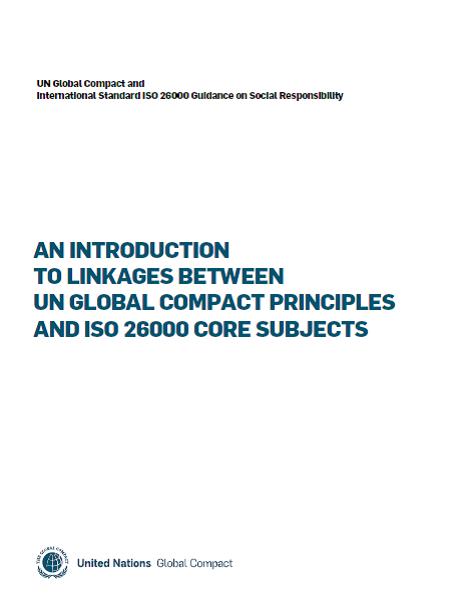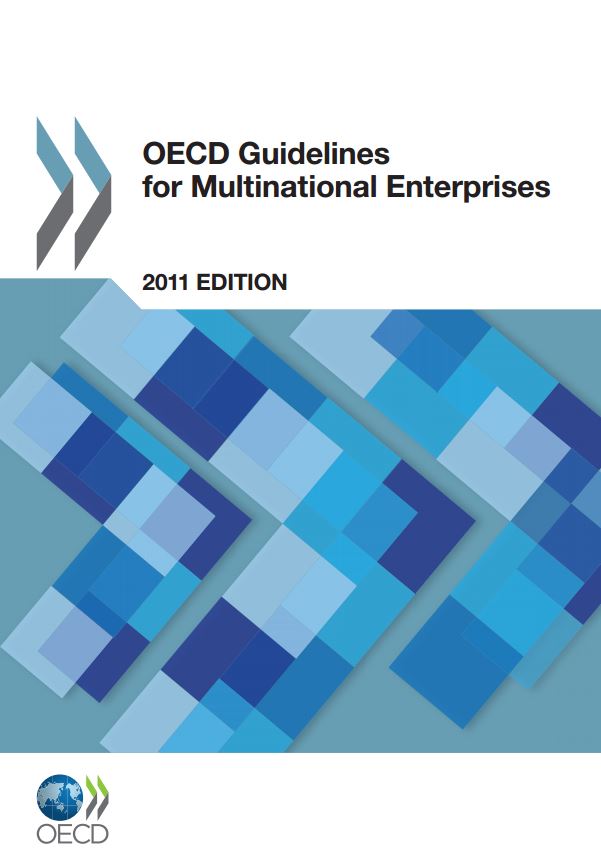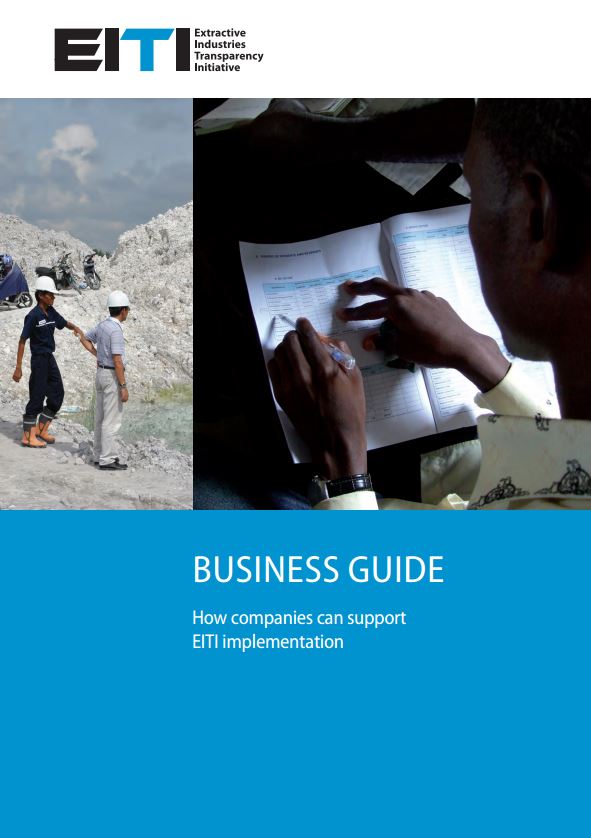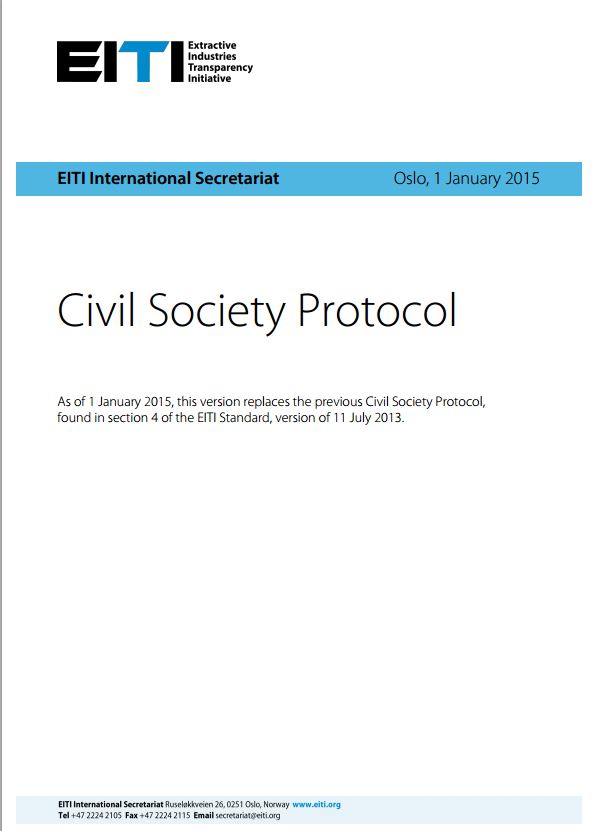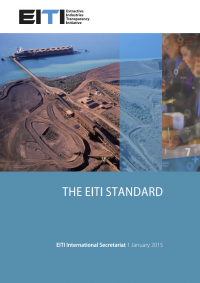Regional Strategy on CSR and Human Rights in ASEAN
The Regional Strategy on CSR and Human Rights in ASEAN was drafted by ASEAN CSR Network, with inputs from two regional meetings in Singapore (Nov 2016) and Bangkok (June 2017). The document is based on internationally-accepted standards, particularly the UN Guiding Principles on Business and Human Rights (UNGPs), recognising the importance of a multi-stakeholder approach to achieving business and human rights in the region. The role of states, businesses, trade unions, civil society organisations and national human rights institutions are stated, in accordance with the 3 pillars of the UNGPs. ACN is working with the ASEAN Intergovernmental Commission on Human Rights (AICHR) and other partners to see the Strategy adopted and implemented across ASEAN.


